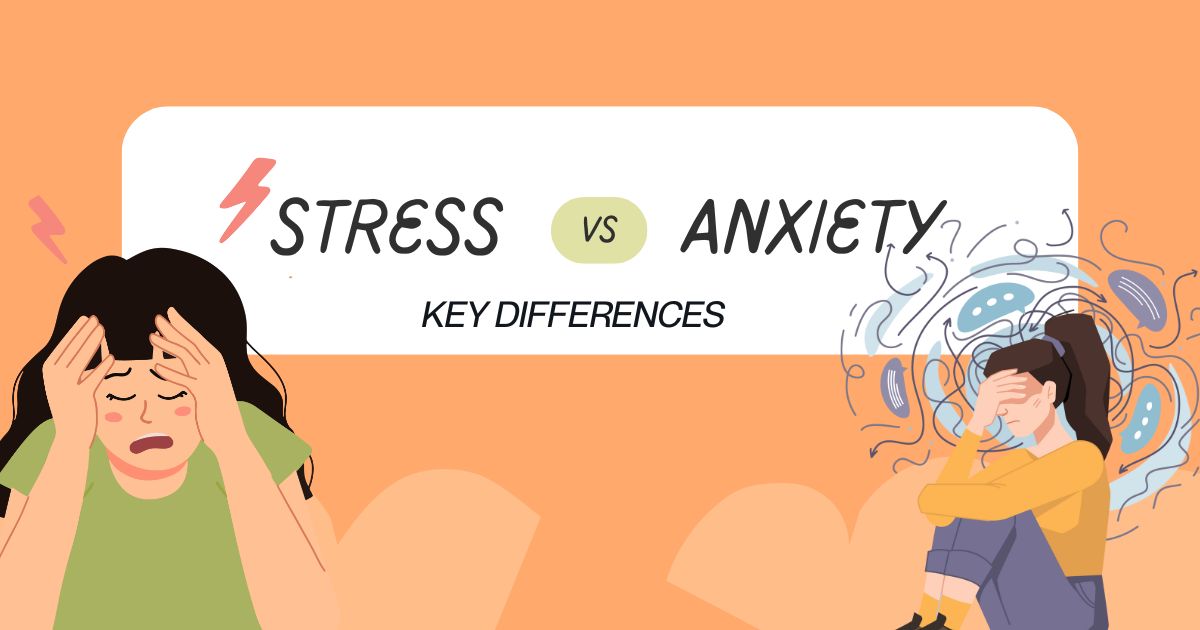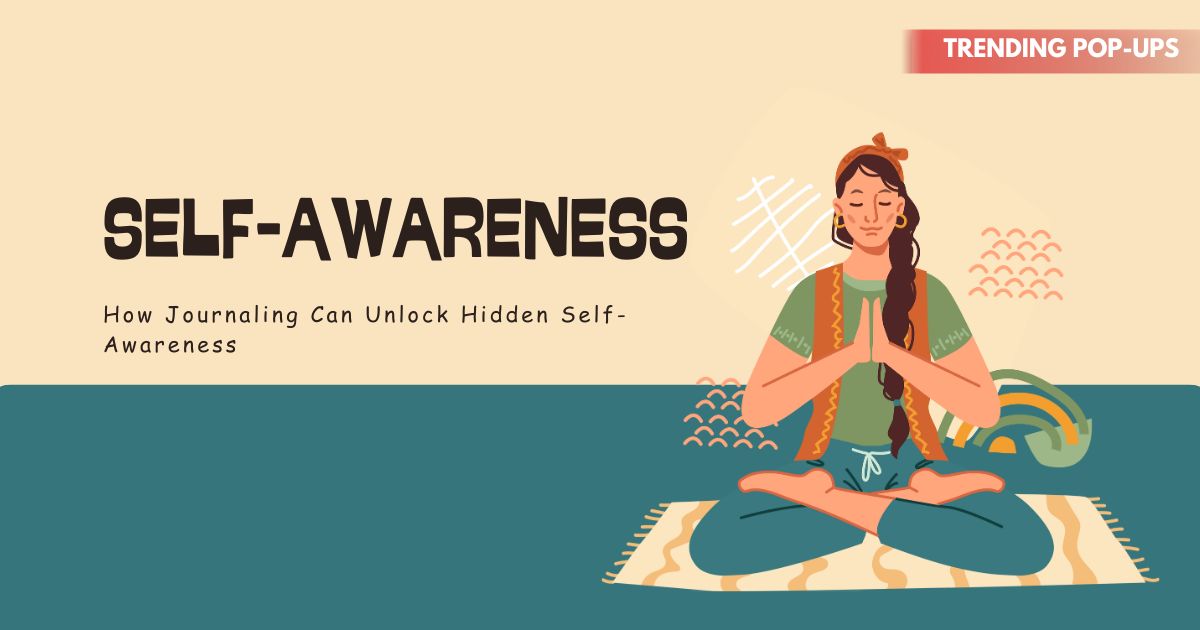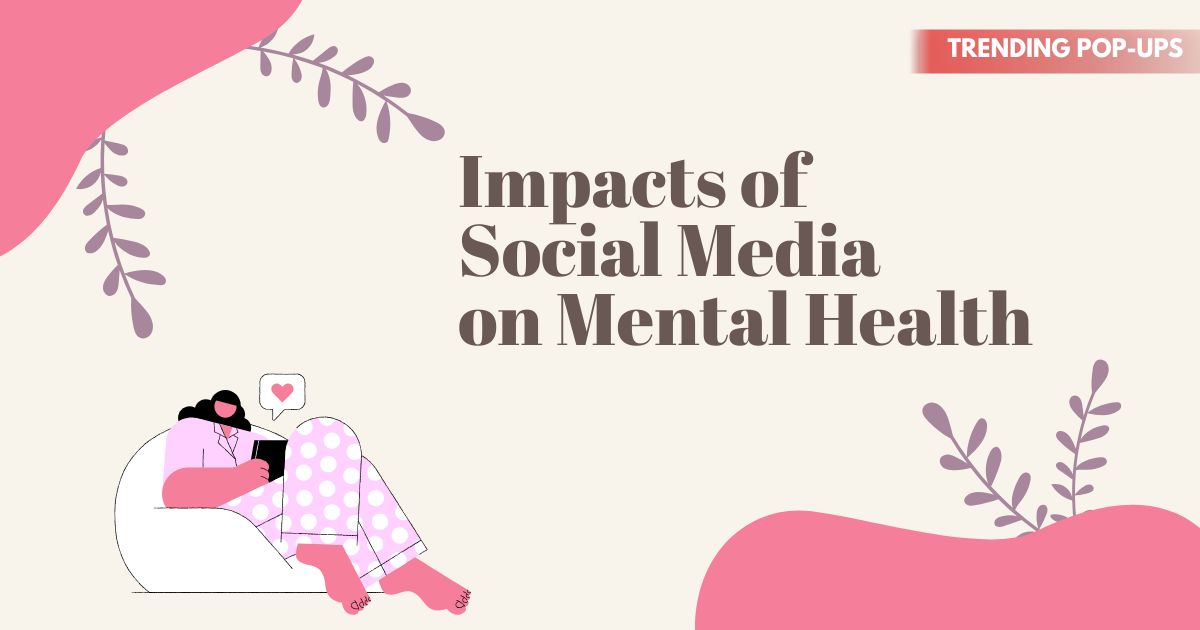In today’s fast-paced world, stress and anxiety are common experiences that affect millions of people worldwide. While the terms are often used interchangeably, stress and anxiety are distinct conditions with different causes, symptoms, and treatments. Understanding their key differences is crucial for managing mental health effectively. This article explores the science behind stress and anxiety, highlights their differences, and offers strategies to cope with both.
What Is Stress?
Stress is the body’s natural response to external pressures or demands. It is often triggered by specific events or situations, such as work deadlines, financial challenges, or relationship conflicts. Stress activates the body’s “fight or flight” response, releasing hormones like cortisol and adrenaline to prepare for immediate action.
Common stress triggers include:
-
Work or academic pressures
-
Major life changes, such as moving or marriage
-
Financial difficulties
-
Family or relationship issues
Stress can be short-term (acute) or long-term (chronic). While acute stress can enhance focus and performance, chronic stress can negatively affect physical and mental health.
What Is Anxiety?
Anxiety is a mental health condition characterized by persistent worry, fear, or apprehension, often without a specific external trigger. Unlike stress, anxiety may occur even in the absence of an immediate threat. Anxiety disorders are among the most common mental health issues worldwide and can significantly impact daily life.
Types of anxiety disorders include:
-
Panic Disorder
-
Social Anxiety Disorder
-
Specific Phobias
-
Obsessive-Compulsive Disorder (OCD)
While occasional anxiety is a normal part of life, chronic or severe anxiety may require professional treatment.
Key Differences Between Stress and Anxiety
Understanding the differences between stress and anxiety helps in identifying symptoms accurately and seeking appropriate solutions.
1. Cause
-
Stress: Usually caused by external pressures or specific events. It has a clear trigger, such as a deadline, exam, or conflict.
-
Anxiety: Can occur without an obvious trigger and often involves persistent worry or fear about future events or unknown situations.
2. Duration
-
Stress: Often short-term and resolves once the triggering situation is over. Chronic stress occurs when stressors persist over time.
-
Anxiety: Typically long-lasting and may continue even after the stressor has been removed. Anxiety can be constant and pervasive.
3. Physical Symptoms
Both stress and anxiety can produce physical symptoms, but there are differences:
Stress Symptoms:
-
Headaches
-
Muscle tension or pain
-
Fatigue
-
Digestive issues
-
Increased heart rate
Anxiety Symptoms:
-
Rapid heartbeat and palpitations
-
Shortness of breath
-
Sweating or trembling
-
Dizziness or lightheadedness
-
Insomnia and restlessness
4. Emotional Symptoms
Stress: Usually causes irritability, frustration, or temporary emotional discomfort. Stress is often situation-specific.
Anxiety: Leads to excessive worry, fear, or apprehension that may be disproportionate to the situation. Anxiety often persists even when there is no immediate threat.
5. Cognitive Effects
-
Stress: Can impair concentration and decision-making temporarily but often improves once the stressor is resolved.
-
Anxiety: Can lead to persistent racing thoughts, difficulty focusing, and catastrophic thinking patterns, affecting daily life and productivity.
6. Coping Mechanisms
Stress is often managed through problem-solving, relaxation techniques, and lifestyle adjustments, whereas anxiety may require cognitive-behavioral strategies, therapy, or medication in severe cases.
How Stress and Anxiety Affect Health
Both stress and anxiety have significant impacts on physical and mental health:
-
Cardiovascular Health: Chronic stress and anxiety increase the risk of hypertension, heart disease, and stroke.
-
Immune Function: Persistent stress suppresses immunity, making the body more susceptible to infections.
-
Mental Health: Long-term stress can lead to burnout and depression, while anxiety can exacerbate mood disorders and sleep disturbances.
-
Digestive Health: Stress and anxiety can cause digestive issues such as irritable bowel syndrome (IBS), acid reflux, or nausea.
Strategies to Manage Stress
1. Practice Mindfulness and Meditation
Mindfulness meditation helps calm the mind, reduces cortisol levels, and improves focus. Even 10-15 minutes daily can significantly reduce stress.
2. Exercise Regularly
Physical activity releases endorphins, which act as natural stress relievers. Activities like walking, jogging, yoga, and strength training are effective.
3. Maintain a Balanced Diet
A nutrient-rich diet supports overall health and resilience to stress. Include fruits, vegetables, whole grains, lean proteins, and healthy fats.
4. Time Management
Organizing tasks, setting realistic goals, and prioritizing activities can reduce stress caused by deadlines and workload.
5. Seek Social Support
Talking to friends, family, or support groups provides emotional relief and helps manage stress effectively.
Strategies to Manage Anxiety
1. Cognitive-Behavioral Therapy (CBT)
CBT helps identify and change negative thought patterns that contribute to anxiety. It is highly effective for generalized anxiety disorder, panic attacks, and social anxiety.
2. Deep Breathing and Relaxation Techniques
Controlled breathing exercises, progressive muscle relaxation, and guided imagery can calm the nervous system and reduce anxiety symptoms.
3. Limit Stimulants
Reducing caffeine, nicotine, and alcohol intake can decrease anxiety triggers. Maintaining a balanced diet also supports mental well-being.
4. Establish a Routine
Consistent sleep patterns, regular meals, and structured daily activities help stabilize mood and reduce anxiety.
5. Seek Professional Help
Severe or chronic anxiety may require medication, therapy, or a combination of both. Mental health professionals can provide individualized treatment plans.
When to Seek Help
Seek professional help if:
-
Stress or anxiety interferes with daily functioning
-
Symptoms persist for weeks or months
-
Physical symptoms such as chest pain, dizziness, or palpitations occur
-
Emotional distress leads to depression or withdrawal from social activities
Early intervention improves outcomes and prevents long-term complications.
Conclusion
While stress and anxiety share some similarities, they are distinct conditions with different causes, symptoms, and treatments. Stress is usually situational and short-term, while anxiety is persistent and can occur without a clear trigger. Understanding these differences is essential for effective management and mental well-being.
By adopting practical strategies such as mindfulness, exercise, therapy, and lifestyle adjustments, individuals can reduce stress and anxiety, improve resilience, and enhance overall quality of life. Recognizing when to seek professional help ensures timely support and better mental health outcomes.
Also Read : Best Evening Routines for Relaxation
FAQs
1. Can stress lead to anxiety?
Yes, prolonged or unmanaged stress can trigger anxiety disorders in susceptible individuals.
2. How can I tell if I’m stressed or anxious?
Stress is usually related to specific situations, while anxiety is persistent and may occur without a clear cause.
3. Are relaxation techniques effective for both stress and anxiety?
Yes, practices like deep breathing, meditation, and yoga help reduce both stress and anxiety.
4. When should I seek professional help for anxiety or stress?
Seek help if symptoms interfere with daily life, persist for weeks, or cause significant emotional or physical distress.
5. Can lifestyle changes alone manage stress and anxiety?
Mild to moderate stress and anxiety can often be managed with lifestyle changes. Severe cases may require therapy or medication.


